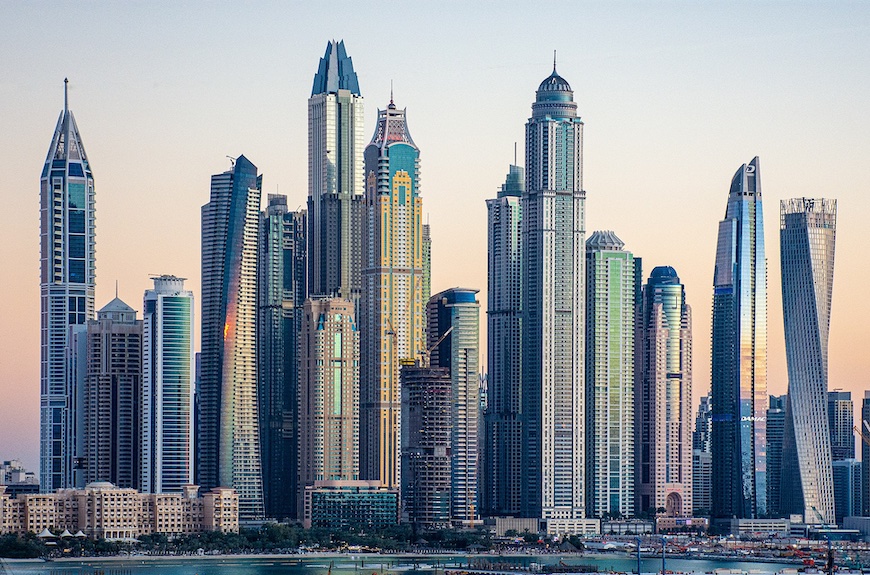UAE Corporate Tax Sparks Transformation in Business Landscape, Fueling Economic Expansion, Ministry Reveals
In a groundbreaking move set to revolutionize the business landscape, the introduction of a new corporate tax in the UAE promises to ignite a wave of positive change, bolstering the nation’s economy, according to the undersecretary of the Finance Ministry in an exclusive interview with Arabian Business.

Unveiled during a press conference in Abu Dhabi, the ministry announced two pivotal decisions that shed light on the intricacies of the tax regime, particularly its impact on free zone companies.
“While the announcement of the corporate tax was made 18 months ago, its implementation today marks a pivotal moment for the UAE. This taxation system will not only diversify the government’s revenue streams but also forge stronger links between business activities and income generation,”
highlighted Younis Haji Al Khoori, the esteemed Undersecretary of the Ministry of Finance.
As the UAE strives to reduce its reliance on oil and consolidate its position as a regional business hub, the newly introduced tax regime aims to propel economic diversification and establish a more dynamic relationship between the private sector and the government.
“The collection of taxes, set to commence later this year, will facilitate direct interactions between the UAE government and the private sector, underscoring the strategic significance of this tax regime for our financial and economic sectors,”
emphasized Al Khoori.
“Anticipate a profound transformation in the very fabric of our business culture and practices.”
The recently announced decisions, Cabinet Decision No. 55 of 2023 and Ministerial Decision No. 139 of 2023, shed light on the qualifying income and conditions that will enable businesses to leverage the benefits of the Free Zone Corporate Tax regime.
By focusing on strategic sectors, the tax regime ensures that businesses operating within free zones thrive, enhancing the overall economic landscape of the UAE. Shabana Begum, the executive director for tax policy at the Ministry of Finance, emphasized this point during a media briefing, stating that tax exemptions within free zones will attract companies seeking to relocate.
To qualify for the enticing 0 percent tax rate, businesses can contact their respective Free Zone Authority to confirm eligibility. The regime exclusively applies to income derived from activities conducted within free zones, including transactions with other Free Zone Persons, as well as domestic or foreign sourced income from qualifying activities.
Qualifying activities encompass a wide range of sectors, such as manufacturing, processing, shareholding, ship operation, reinsurance services, regulated fund and investment management services, treasury and financing services, aircraft financing and leasing, logistics services, designated zone distribution, and ancillary activities.
However, the regime excludes certain activities like transactions with natural persons, income from regulated financial services, income from intangible assets, and income from immovable property (except commercial property within free zones), which are not considered qualifying income.
To maintain the regime’s benefits, a Free Zone Person must ensure that the revenue from excluded activities or non-qualifying income does not exceed either 5 % of total revenue or AED 5,000,000. Revenue from permanent establishments outside the free zone and non-qualifying income from immovable property within the free zone will be subject to the regular UAE corporate tax rate of 9 %.
Failure to meet the qualifying conditions or the de minimis requirements will result in a minimum five-year disqualification from the Free Zone Corporate Tax regime. During this period, businesses will be treated as ordinary Taxable Persons and subjected to a 9 percent corporate tax rate on taxable income exceeding AED 375,000.
